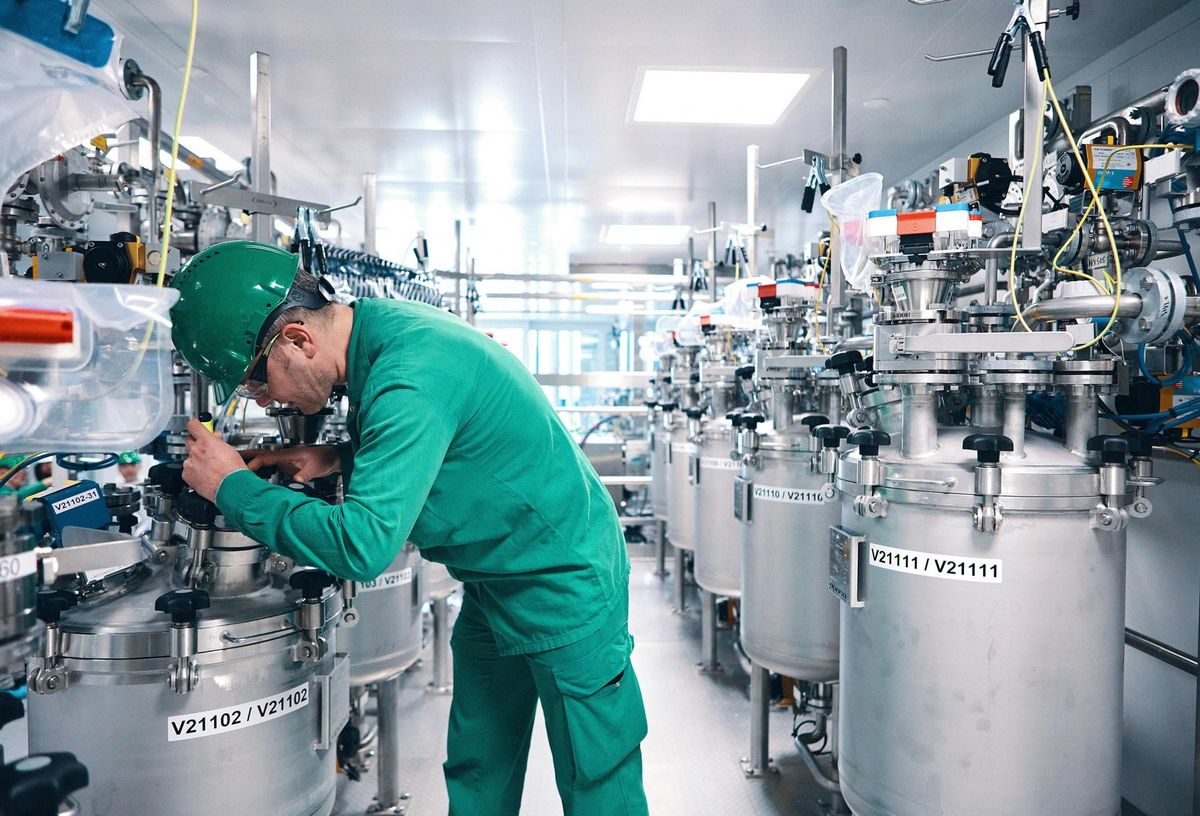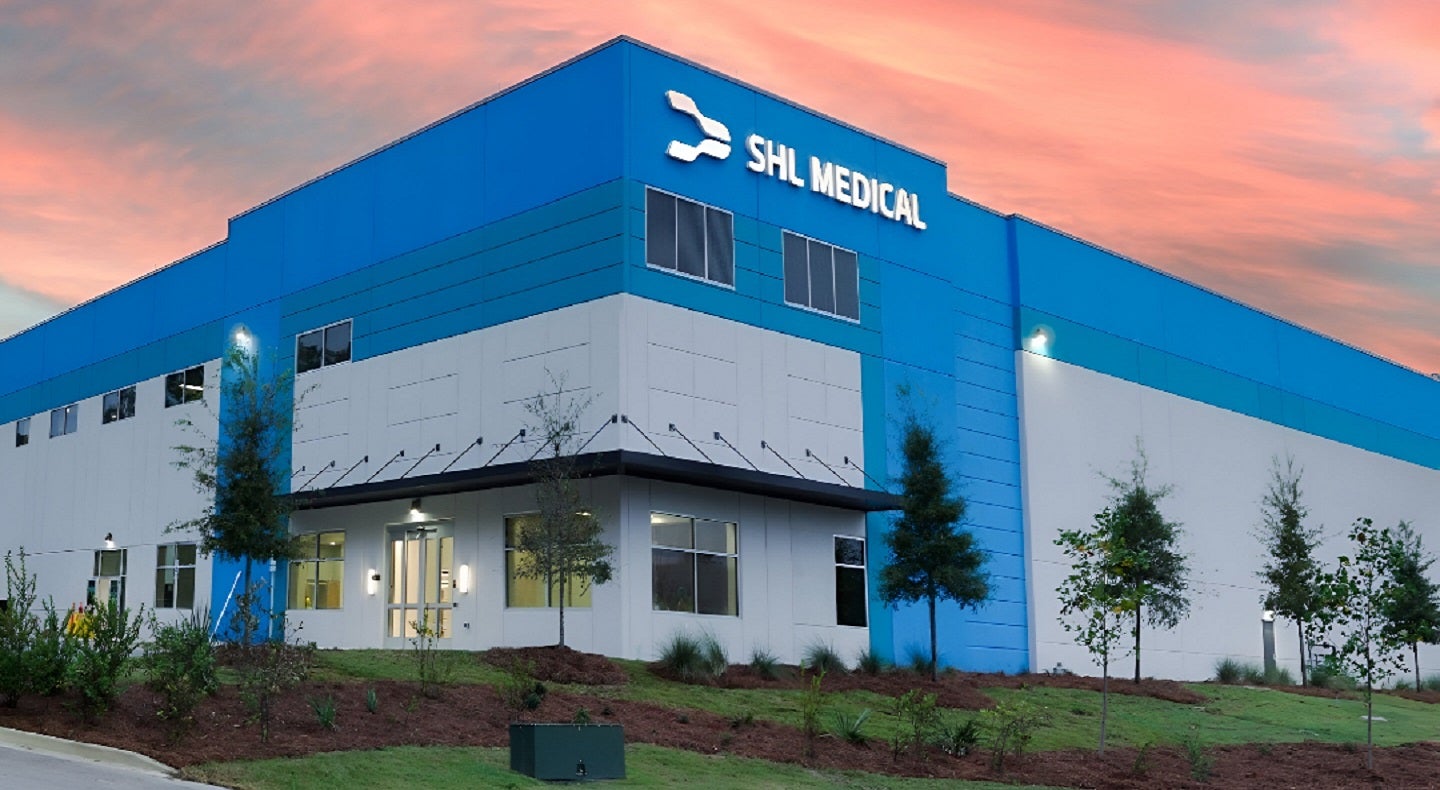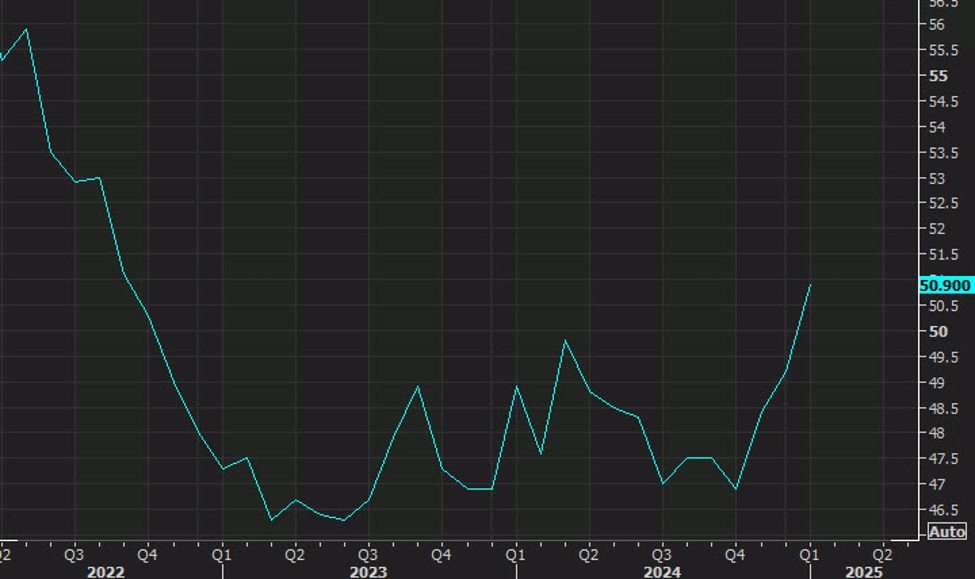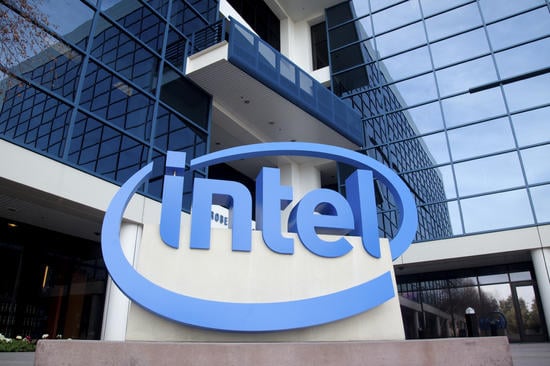Manufacturing's Digital Revolution: $1.17 Trillion Market Set to Explode by 2032
Manufacturing
2025-04-11 14:30:00Content
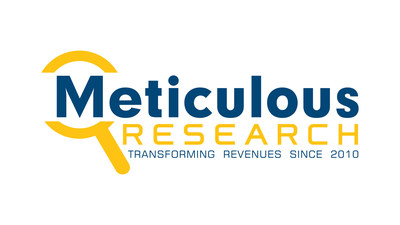
Digital Transformation Market in Manufacturing Set to Reach $1.17 Trillion by 2032
A groundbreaking market research report by Meticulous Research® reveals an extraordinary trajectory for the global digital transformation market in the manufacturing sector. The industry is poised to experience remarkable growth, with projections indicating a substantial market value of $1,170.7 billion by 2032.
Key Market Insights
- Projected Market Value: $1,170.7 billion by 2032
- Compound Annual Growth Rate (CAGR): 23.7% from 2025 to 2032
- Primary Drivers: Technological advancements and digital innovation
Market Scope and Components
The comprehensive report examines various critical aspects of digital transformation, including:
- Offerings: Services
- Enterprise Size: Diverse range of organizations
- Deployment Modes: Multiple implementation strategies
- Key Technologies:
- Cloud Computing
- Artificial Intelligence & Machine Learning
- Internet of Things (IoT)
- Augmented & Virtual Reality
- End-use Industry Focus: Pharmaceuticals
This robust growth underscores the manufacturing sector's increasing commitment to digital transformation, leveraging cutting-edge technologies to enhance operational efficiency, productivity, and competitive advantage.
Manufacturing's Digital Revolution: Transforming Industries Through Technological Innovation
In an era of unprecedented technological advancement, the manufacturing sector stands at the precipice of a profound digital metamorphosis. As industries worldwide grapple with increasing complexity and competitive pressures, digital transformation emerges as the critical catalyst for sustainable growth, operational efficiency, and strategic reinvention.Unleashing the Power of Digital Transformation: A Paradigm Shift in Manufacturing
The Technological Landscape of Modern Manufacturing
The contemporary manufacturing ecosystem is experiencing a seismic shift driven by cutting-edge technological integrations. Cloud computing, artificial intelligence, machine learning, and immersive technologies like augmented and virtual reality are fundamentally reshaping traditional production methodologies. These technologies are not merely incremental improvements but represent a comprehensive reimagining of industrial processes. Manufacturers are increasingly recognizing that digital transformation transcends technological implementation—it represents a holistic strategic approach to reimagining operational capabilities. By leveraging interconnected digital platforms, companies can achieve unprecedented levels of operational transparency, predictive maintenance, and real-time decision-making.Economic Implications and Market Projections
Analysts project a staggering economic transformation within the manufacturing sector. By 2032, the global digital transformation market is anticipated to surge to approximately $1.17 trillion, representing a remarkable compound annual growth rate of 23.7%. This exponential growth reflects the profound economic potential embedded in technological integration. The pharmaceutical industry stands at the forefront of this digital revolution, demonstrating remarkable adaptability and innovation. By embracing advanced technological solutions, pharmaceutical manufacturers are optimizing complex research, production, and supply chain processes with unprecedented precision and efficiency.Strategic Implementation and Technological Convergence
Successful digital transformation requires a nuanced, multifaceted approach that extends beyond mere technological adoption. Organizations must cultivate a culture of continuous learning, adaptability, and technological fluency. Enterprise-wide digital strategies must align technological investments with overarching business objectives, ensuring seamless integration and maximum return on investment. The convergence of multiple technological domains—cloud computing, artificial intelligence, Internet of Things, and immersive technologies—creates a synergistic ecosystem that amplifies operational capabilities. This technological symphony enables manufacturers to develop more responsive, intelligent, and adaptive production environments.Challenges and Opportunities in Digital Transformation
While the potential of digital transformation is immense, organizations face significant implementation challenges. These include legacy system constraints, workforce reskilling requirements, cybersecurity concerns, and substantial initial investment costs. However, forward-thinking organizations view these challenges as opportunities for strategic differentiation and competitive advantage. The most successful digital transformation strategies will be those that balance technological innovation with human-centric design, ensuring that technological advancements enhance rather than replace human expertise and creativity.Future Outlook and Emerging Trends
The future of manufacturing lies in creating intelligent, interconnected ecosystems that seamlessly blend human creativity with technological precision. Emerging trends such as predictive analytics, autonomous systems, and advanced robotics will continue to redefine industrial landscapes. As manufacturers navigate this complex digital terrain, those who embrace comprehensive, strategic digital transformation will position themselves as industry leaders, capable of responding rapidly to evolving market dynamics and technological innovations.RELATED NEWS
Manufacturing

Manufacturing Meltdown: China's Industrial Sector Shrinks Amid Escalating Trade Tensions
2025-04-30 01:32:12
Manufacturing

From Factory Floor to Classroom: How One STC Alumnus Transforms Industrial Expertise into Learning
2025-04-16 21:12:28
Manufacturing

Battery Boost: Electrovaya Secures $51M Lifeline to Supercharge US Manufacturing
2025-03-31 15:56:55
